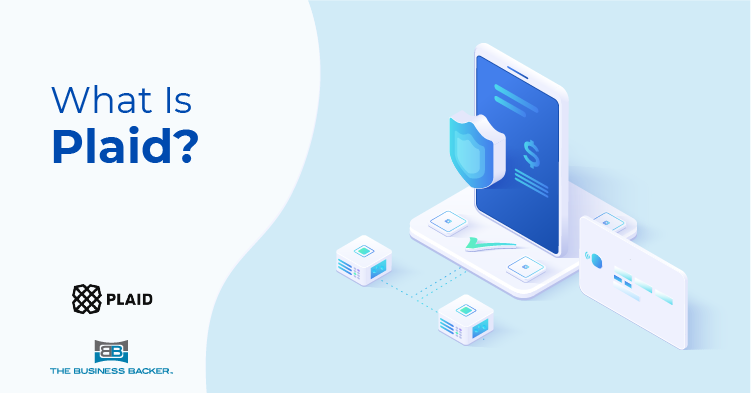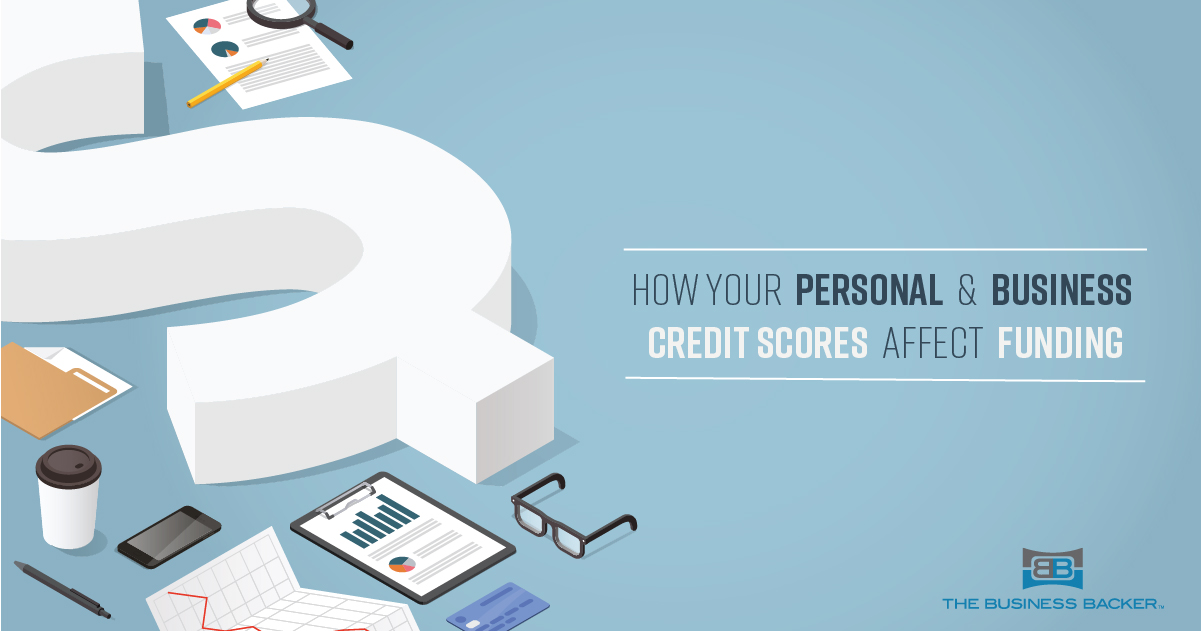In the non-bank alternative world, most loans and funding are unsecured, meaning you do not have to put up collateral to receive the capital, so your assets are not at risk unless fraud is involved. If your business should close for legitimate reasons, your assets will remain yours. The drawbacks? Generally, higher rates, shorter terms, and differences in payment frequency.
Always remember to have a clear understanding of your loan requirements and any other funding needs that could possibly come up before beginning your search for capital. Once you’ve selected a funding source, always thoroughly read your paperwork and ask questions! Remember, you are the customer!
The 8 Questions Small Business Owners Should Ask When Seeking Capital: Question #4
Question 4: Are there limitations on how I use the money?
Still reeling from the financial crisis of 2008, banks continue to cautiously lend to small businesses. While access is improving, banks are still under heavy scrutiny, which means the tight restrictions on small business borrowers are not going away any time soon.
Before taking a traditional bank loan, it is important to clearly understand any covenants associated with the loan and the collateral required to secure it. Covenants are clauses in lending contracts that may restrict or limit the borrower from using the money for certain things or require the borrower to adhere to particular business performance requirements. The level of constraint or number of requirements is primarily based on the risk of the borrower.
Covenants are put in place to protect the lender and ensure the loan will be paid back, no matter the circumstances of the business. Unfortunately we’ve seen too many business owners in need of cash sign on the dotted line without thoroughly reading or understanding these covenants. They can end up unknowingly violating a covenant and facing severe consequences as a result.
For instance, if the loan is used for anything outside of the agreed upon terms, even emergency business situations, such could constitute a breach of the agreement. Another violation could be taking on a new loan or accepting funding without the bank’s permission.
There are several consequences for bank covenant violations. Perhaps the most severe are calling back the note, pulling the credit line, and/or forcing the borrower to pay the entire amount back within a shorter time period (sometimes within as little as 30 days). From there, they may go after business and even personal assets until the amount is paid since personal guarantees are often included in the terms.
Tip 1: Before signing your agreement:
- Carefully read your loan agreement
- Ask for clarification on anything you do not understand
- Consult a trusted advisor such as your CPA or attorney
- Confirm whether it is realistic for your business to adhere to the covenants
- Make sure you know if you are signing a personal guarantee
Tip 2: Consider an alternative, unsecured loan or funding option.
[mk_table]
| Secured (all risk on the borrower) | Unsecured (all risk on the funder) |
|---|---|
| Lower rate | Higher rate |
| Long term | Shorter term |
| Collateral required | No collateral required |
[/mk_table]





